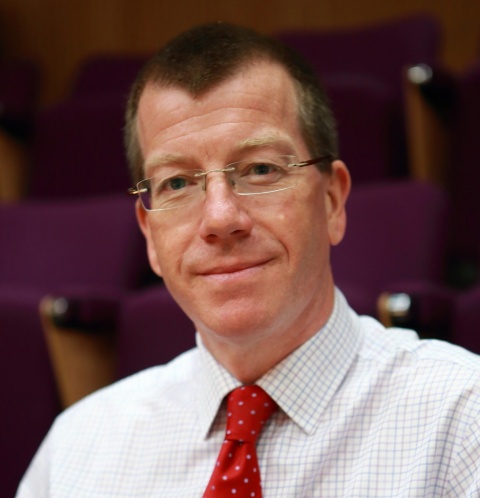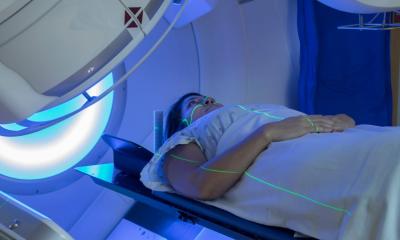Article • NHS needs urgent treatment
Hospital deficits hit £2.45 billion
A leading British medical organisation has issued a hard-hitting report that paints ‘a grim picture’ of the National Health Service (NHS).
Report: Mark Nicholls
The document from the Royal College of Physicians (RCP), entitled ‘Underfunded, Under-doctored, Overstretched – the NHS in 2016’, highlights challenges facing the health service across the United Kingdom.
The report depicts the NHS struggling to cope under the increasing pressure of rising demand and inadequate funding, with resulting workforce pressures threatening patient safety.
Drawing on views ranging from senior consultants to trainee physicians, combined with on-going evidence of the scenario facing the NHS, the report outlines key areas of concern, yet also offers recommendations for government action. It comes as health trusts are facing financial shortfalls with recorded hospital deficits hitting £2.45 billion and as junior doctors have continued to stage strike action.
The RCP report focuses on three key areas, outlining the organisation’s findings in each:
Underfunded: The report says the NHS budget has not kept pace with rising demand for services, suggesting demand increases by 4% every year but, in real terms, NHS funding will increase by only 0.2% per year to 2020, whilst social care cuts are piling pressure on NHS services.
Under-doctored: The RCP suggests the UK does not train enough doctors and with the number of medical students having fallen, there is a shortage of doctors training to be medical specialists and unfilled consultant and nursing posts in many hospitals.
Overstretched: Four in five physicians-in-training report that their job causes them excessive stress and 95% suggest poor staff morale is having a negative impact on patient safety in their hospital.

RCP registrar Dr Andrew Goddard said: ‘It is clear to all of us working in the NHS that we are at a point of no-return and the NHS in its current form is unsustainable without a significant increase in funding. We can’t continue to provide ever-more expensive treatments to an ever-increasing group of patients and not expect the system to collapse.
‘As doctors, we see the problems this creates on a daily basis, be it at the front door of the hospital, in A&E, or in out-patients. Patients can see it too and realise that the NHS is no longer the envy of the world and isn’t fit for our changing world.
‘There are some big decisions that society has to make and the political parties have to stop blaming each other for where we are and work together to build a health and social care system that is fit for the UK in the 21st century.’

The RCP report points out that the pressures of an under-funded, under-doctored, and overstretched NHS put patient safety and recovery at risk with patients are facing longer waits for treatment and delays in discharge. More hospitals are temporarily closing their doors owing to pressure on beds and staff, throughout the year rather than just in response to winter pressures.
The RCP is calling for a better-funded NHS that meets the demands of patients, with a budget that meets the demand for health services; sets realistic targets for efficiency savings; protects funds for transformation; and invests in the long-term sustainability of the NHS.
The organisation wants more doctors to be trained to provide enough doctors across all parts of the medical workforce, from GPs to physicians as well as specialists; incentivise doctors to work in the most challenging and in-demand areas of medicine; and address nurse shortages and promote innovative models of staffing, such as physician associates working alongside doctors.
The RCP also wants to see improvements in the working lives of NHS staff. RCP President Professor Jane Dacre said: ‘As a doctor, I realise this is a tough diagnosis for the NHS. However, a diagnosis is the first step towards working with colleagues to find solutions. We are keen to find the best treatment for the NHS over the coming weeks, months and years.’
06.01.2017





